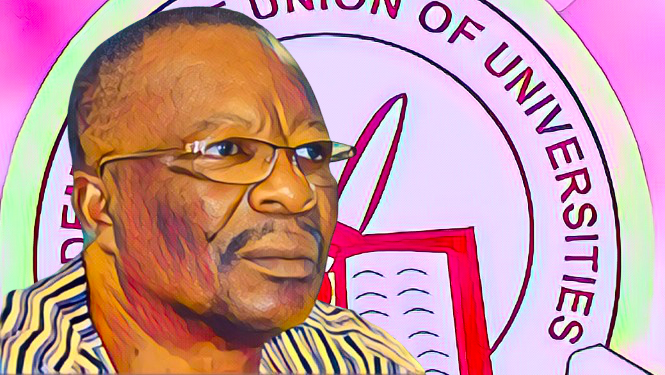The Academic Staff Union of Universities (ASUU) has once again rejected the newly appointed university governing councils, citing concerns over the selection process and potential conflicts of interest. This development has reignited tensions between the union and the federal government, highlighting ongoing issues within Nigeria’s higher education sector.
In a recent statement, ASUU criticized the federal government’s decision, arguing that the appointments were politically motivated and did not prioritize the academic and administrative needs of the universities. The union’s president, Professor Emmanuel Osodeke, expressed deep dissatisfaction with the selection process, claiming it lacked transparency and was influenced by external political pressures.
“The composition of these governing councils raises serious questions about their ability to effectively govern our universities. Many of the appointees have little to no experience in the academic sector, and their appointments appear to be driven by political affiliations rather than merit,” Osodeke said.
ASUU has long advocated for a more inclusive and merit-based approach to selecting university governing councils. The union argues that individuals with significant academic and administrative experience are better suited to address the myriad challenges facing Nigerian universities, including funding shortfalls, infrastructure deficits, and declining academic standards.
The union’s rejection of the new councils is the latest in a series of disputes with the federal government. ASUU has repeatedly clashed with authorities over issues such as funding, salary arrears, and the implementation of agreements aimed at improving the higher education system. The rejection of the governing councils is seen as part of ASUU’s broader struggle to ensure the autonomy and integrity of Nigerian universities.
The federal government, however, has defended its appointments, insisting that the selection process was fair and aimed at bringing fresh perspectives to the management of universities. Education Minister Adamu Adamu stated that the new councils are composed of individuals with diverse backgrounds, including academia, business, and public service, who can contribute to the holistic development of the institutions.
“We have appointed highly qualified individuals to these governing councils, and we believe they will bring valuable insights and leadership to our universities. Our goal is to enhance the governance and performance of these institutions,” Adamu said.
The minister also called on ASUU to cooperate with the new councils and work towards the common goal of improving Nigeria’s higher education system. He emphasized the need for collaboration and dialogue to address the pressing challenges facing the sector.
Despite the government’s assurances, ASUU remains skeptical. The union has called for a review of the appointment process and has demanded that the government consider the input of academic staff in the selection of governing council members. ASUU insists that only those with a deep understanding of the academic environment can effectively lead and govern the universities.
The rejection of the new governing councils comes at a time when Nigerian universities are grappling with numerous challenges. Chronic underfunding, inadequate infrastructure, and brain drain have severely impacted the quality of education. The prolonged strikes by ASUU over the years have also disrupted academic activities, affecting students’ academic progress.
In light of these issues, many stakeholders in the education sector have called for a more collaborative approach to resolving the disputes between ASUU and the government. They argue that a stable and well-governed university system is crucial for the country’s development and for providing quality education to Nigerian students.
As the standoff continues, the future of Nigeria’s higher education system hangs in the balance. The resolution of the conflict between ASUU and the federal government will be critical in determining the path forward for the nation’s universities.
Source of this article: tribuneonlineng.com


